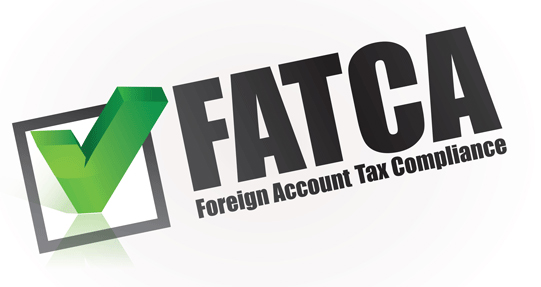The Belize Foundation was added to the suite of investment vehicles and services offered by the Belize jurisdiction in 2010. Governed by the International Foundations Act, 2010, the Foundation is a hybrid between a trust and a company. It is recognized in the civil law jurisdiction and in the common law jurisdiction. Furthermore, it replicates in a common law jurisdiction the essential characteristics of a civil law foundation while avoiding unnecessary complications. The Foundation incorporates the donor and beneficiary features of the trust along with the management body and legal personality aspect of a company. Similar to the other IFS vehicles, the Belize International Foundation is free from taxes and duties in Belize and is also exchange control free.
The parties to a Foundation include the Founder, as the person or entity establishing the foundation and endowing the foundation with assets; the Foundation Council, responsible for the management of the Foundation and its assets as per its purpose and Charter; and the Beneficiaries.
Features
The most important feature of the Foundation is that it is recognized as its own legal person, unlike the Trust. This single feature alone forms the basis on which clients would choose to utilize a Foundation. The legal personality feature also helps clients to regard the Foundation as a more tangible option for asset protection and wealth management.
The following additional features make the Belize foundation an ideal alternative to the trust:
- Foundations must appoint a Registered Agent, who must be a licensed Trust and Foundation Agent
- Registration is mandatory for international foundations, with the foundation being invalid and unenforceable if not registered
- Foundation charter need not be registered, only particulars thereof
- Registered International foundations enjoy full exchange control and tax exemptions
- Highly competitive registration and renewal fees
- The Foundation Council must have at least one resident member, who may or may not be a registered agent; members of the Council may not be beneficiaries of the foundation
- Individual and corporate members are allowed
- A Protector may be appointed but cannot be a member of the Council
- The Founder may be individual or corporate but cannot serve as Protector or Council Member
- The Foundation must be renewed annually by paying the prescribed renewal fee
- No annual reporting requirements, but the foundation must keep proper financial records
Features of the Belize International Foundation
Legislation
The Belize Foundation was introduced in 2010 via the International Foundations Act, 2010 providing for the establishment, operation and regulation of international foundations. The law contains provisions to facilitate efficient yet confidential registration, renewal, striking off, restoration, dissolution, continuance and discontinuance of foundations. The Act also includes specific provisions for civil asset protection, such as non-recognition of foreign judgments.
The Act was amended in 2013 enhancing the Belize International Foundation. The International Foundations (Amendment) Act (No. 17 of 2013) allows for non-residents to act as council members for more than one foundation without the requirement of having a license. The restriction on members to be licensed if they wish to act for more than one foundation now only applies to the Belize member.
For a full version of the Belize International Foundations Act, 2010 and its amendments, please visit our Legislation page.



